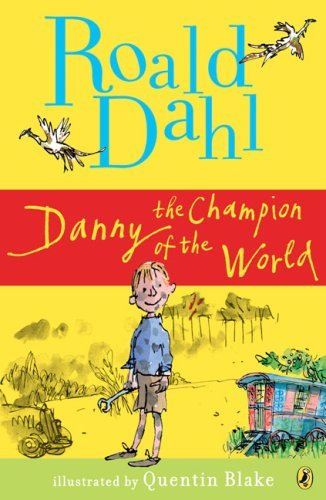`An army of principles will penetrate where an army of soldiers cannot . . . it will march on the horizon of the world and it will conquer.'
Think political history's dull? Think again! The publication of Rights of Man caused uproar in England; Thomas Paine was tried and convicted for seditious libel against the Crown, but was unavailable for hanging, having smartly departed England for France, where the Revolution had earlier exploded on 14 July 1789.
Thomas Paine was the first international revolutionary.
His Common Sense (1776) was the most widely read pamphlet of the American Revolution; his Rights of Man (1791-2) was the most famous defence of the French Revolution and sent out a clarion call for revolution throughout the world.
He paid the price for his principles: he was outlawed in Britain, narrowly escaped execution in France, and was villified as an atheist and a Jacobin on his return to America. Paine loathed the unnatural inequalities fostered by the hereditary and monarchical systems.
He believed that government must be by and for the people and must limit itself to the protection of their natural rights. But he was not a libertarian: from a commitment to natural rights he generated one of the first blueprints for a welfare state, combining a liberal order of civil rights with egalitarian constraints.
This collection brings together Paine's most powerful political writings from the American and French revolutions in the first fully annotated edition of these works.
One of Paine's greatest and most widely read works, considered a classic statement of faith in democracy and egalitarianism, defends the early events of the French Revolution, supports social security for workers, public employment for those in need of work, abolition of laws limiting wages, and other social reforms. An inspiring book that paved the way for the growth and development of democratic traditions in American and British society.
Listen to everybody's favorite anti-theist Christopher Hitchens appears on NPR's Talk of the Nation on October 23, 2007 to talk about his new book on 'Thomas Paine's Rights of Man' here...
Or local author and stand-up comic Mark Steel gives a short and irreverent lecture on the importance of this book here...
About the Author
On January 29, 1737, Thomas Paine was born in Thetford, England. His father, a corseter, had grand visions for his son, but by the age of 12, Thomas had failed out of school. The young Paine began apprenticing for his father, but again, he failed. So, now age 19, Paine went to sea. This adventure didn't last too long, and by 1768 he found himself as an excise (tax) officer in England. Thomas didn't exactly excel at the role, getting discharged from his post twice in four years, but as an inkling of what was to come, he published
The Case of the Officers of Excise (1772), arguing for a pay raise for officers. In 1774, by happenstance, he met Benjamin Franklin in London, who helped him emigrate to Philadelphia.
His career turned to journalism while in Philadelphia, and suddenly, Thomas Paine became very important. In 1776, he published
Common Sense, a strong defense of American Independence from England. He traveled with the Continental Army and wasn't a success as a soldier, but he produced
The Crisis (1776-83), which helped inspire the Army. This pamphlet was so popular that as a percentage of the population, it was read by more people than today watch the American Super Bowl. That's a lot of people.
But, instead of continuing to help the Revolutionary cause, he returned to Europe and pursued other ventures, including working on a smokeless candle and an iron bridge. In 1791-92, he wrote
The Rights of Man in response to criticism of the French Revolution. This work caused Paine to be labeled an outlaw in England for his anti-monarchist views.
By 1793, he was imprisoned in France for not endorsing the execution of Louis XVI. During his imprisonment, he wrote and distributed the first part of what was to become his most famous work at the time, the anti-church text,
The Age of Reason (1794-96). He was freed in 1794 (narrowly escaping execution) thanks to the efforts of James Monroe, then U.S. Minister to France. Paine remained in France until 1802 when he returned to America on an invitation from Thomas Jefferson. Paine discovered that his contributions to the American Revolution had been all but eradicated due to his religious views. Derided by the public and abandoned by his friends, he died on June 8, 1809 at the age of 72 in New York City.
















